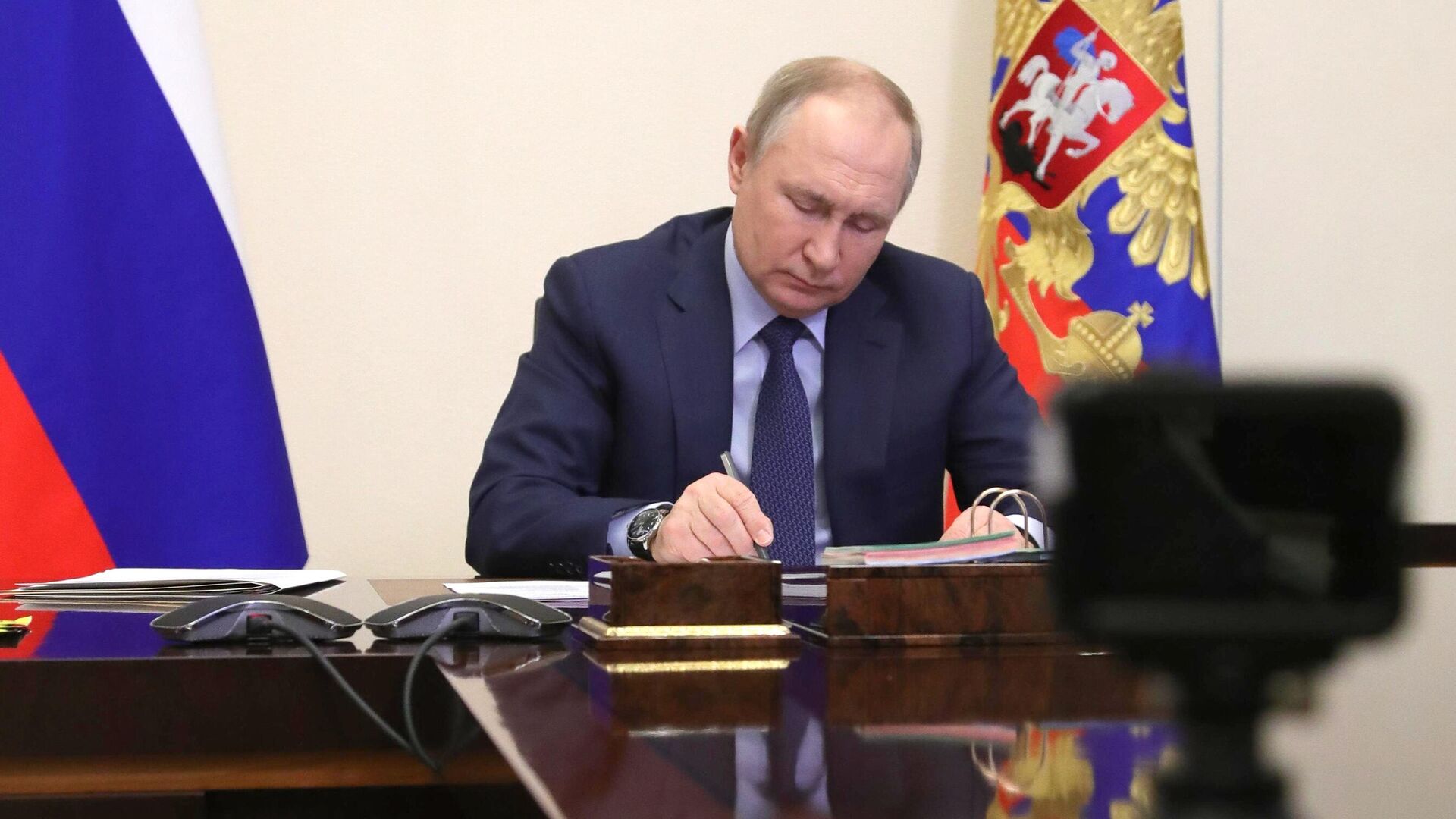Moscow, July 23, 2025 — Freedom Person
On July 23, 2025, Russian President Vladimir Putin signed a Federal Law amending the Law of the Russian Federation “On Mass Media” and the Federal Law “On Countering Extremist Activity,” according to the Kremlin’s website.
The law was adopted by the State Duma on July 15 and approved by the Federation Council on July 16, 2025.

The adopted amendments significantly transform the legal mechanism for recognizing associations as extremist and reflect a trend toward simplifying the procedures for banning and restricting the activities of public formations, including not only legal entities but also any other associations of citizens.
Essence of the Amendments
The key legal innovation is as follows:
-
From now on, a conviction that has entered into legal force against an individual under Article 282.1 of the Criminal Code of the Russian Federation (creation of an extremist community, leadership thereof, or participation in it) is sufficient for the entire community to which this person belonged to be recognized as extremist.
-
A separate court proceeding against the organization or association itself is not required.
-
Based on the mentioned conviction, the Ministry of Justice of Russia includes such a community in the list of extremist organizations maintained in accordance with Russian legislation.
-
The amendments to the Law on Mass Media further restrict the possibility of mentioning such associations in the information space — dissemination of information about them will be prohibited.
Previously, recognizing an organization or association as extremist required a separate court decision on its liquidation or the prohibition of its activities, initiated by the prosecutor’s office with the participation of all interested parties. The new procedure eliminates this stage.
Legal and Law Enforcement Consequences
At first glance, the law aims to improve the efficiency of applying legislation on countering extremism. However, from the standpoint of legal doctrine, it generates a number of systemic risks:
-
Elimination of Judicial Oversight
Recognition of an association as extremist no longer requires a separate judicial proceeding. Inclusion in the list occurs through an administrative procedure — via interaction between the court and the Ministry of Justice — without an opportunity for the association to present its position. -
De Facto Legalization of the Presumption of Collective Responsibility
A single conviction of a participant is sufficient for the entire community to be subject to prohibition and repression. This contradicts the principle of individualized criminal responsibility enshrined in Article 49 of the Constitution of the Russian Federation. -
Expansion of the Law’s Scope
The amendment applies not only to legally registered structures but also to any informal associations — including civic initiatives, public movements, and interest-based communities. Previously, the distinction between registered organizations and spontaneous groups had legal significance. Now these differences are eliminated. -
Lowering of the Evidentiary Standard
Recognition of an association as extremist no longer requires proving that the entire organization acts unlawfully. A single conviction is sufficient, even without mandatory connection between the individual’s actions and the activities of the association as such.
What Is the Danger
The new version of the law demonstrates a shift from the principles of the rule of law toward an administrative-repressive model in which sanctions are applied without proper judicial review and adversarial proceedings.
Such changes “institutionalize the presumption of collective guilt” and create a legally unstable framework in which punishment is imposed not on the guilty party but on all those somehow associated with them.
Given that participation in an “extremist community” can be interpreted extremely broadly, all forms of civic activism, volunteer work, or educational activity — especially in politically sensitive areas — are placed at risk.
The adopted law significantly expands the state’s powers in the field of countering extremist activity, while reducing the guarantees of fair trial and individualized accountability. In the absence of appeal mechanisms and public judicial oversight, the risks of arbitrary application of the law increase.
Thus, under the current legislation, a mechanism now exists for the extrajudicial banning of any form of association of citizens if at least one participant comes under the attention of law enforcement. This creates fundamental challenges to the principles of legal certainty, proportionality, and human rights.
Vitali Ivaneko, human rights defender


